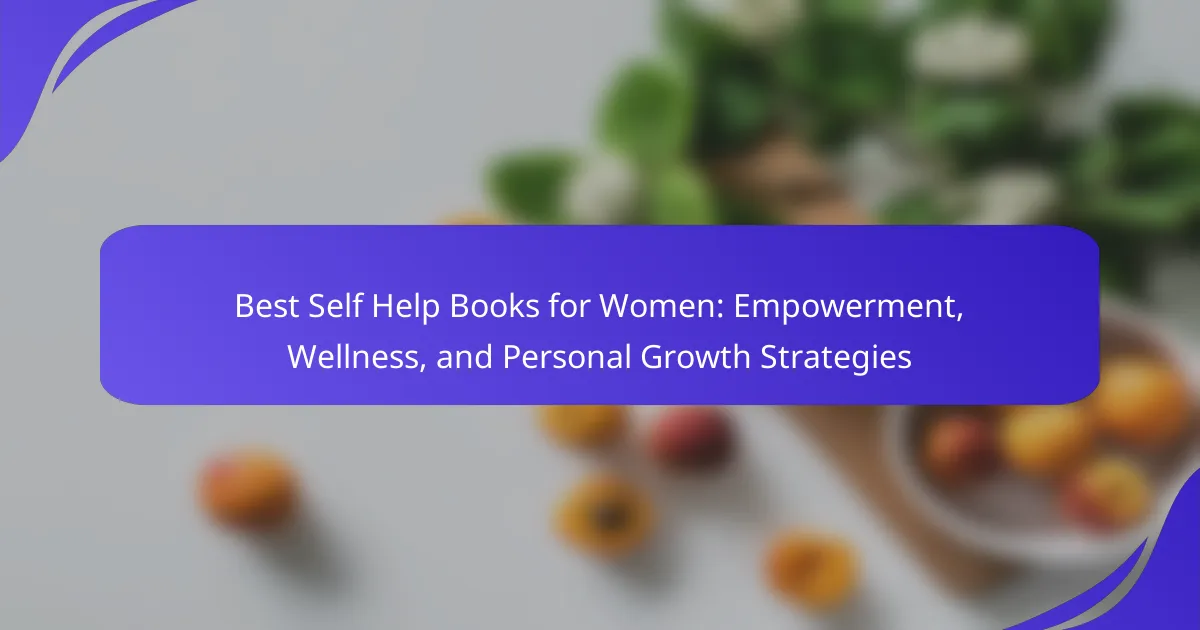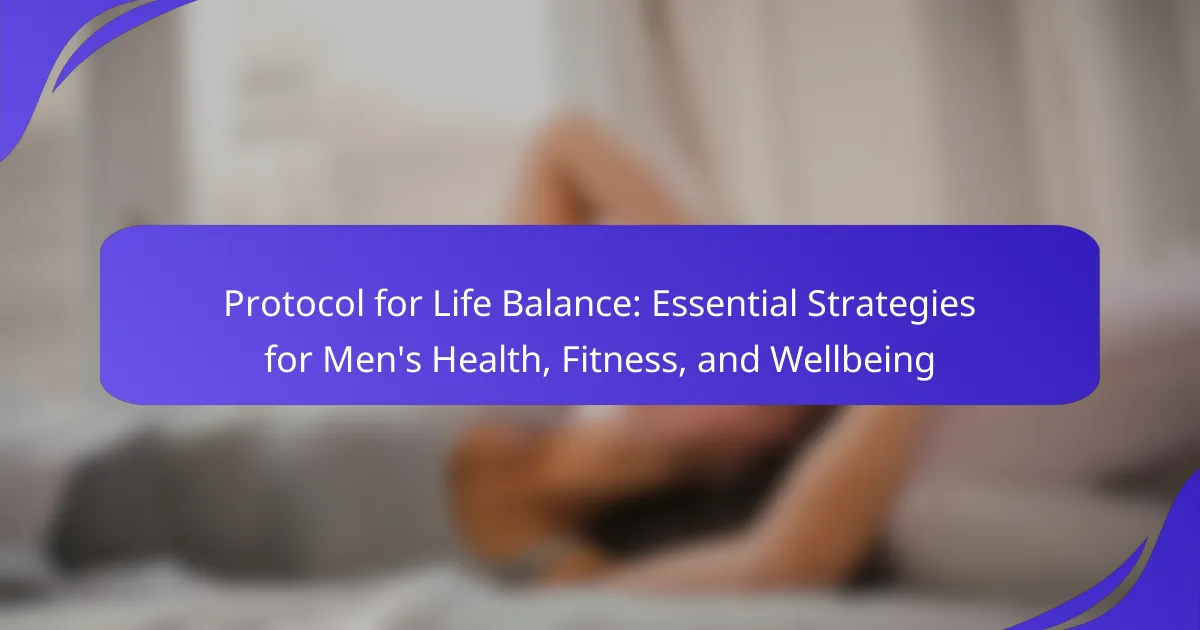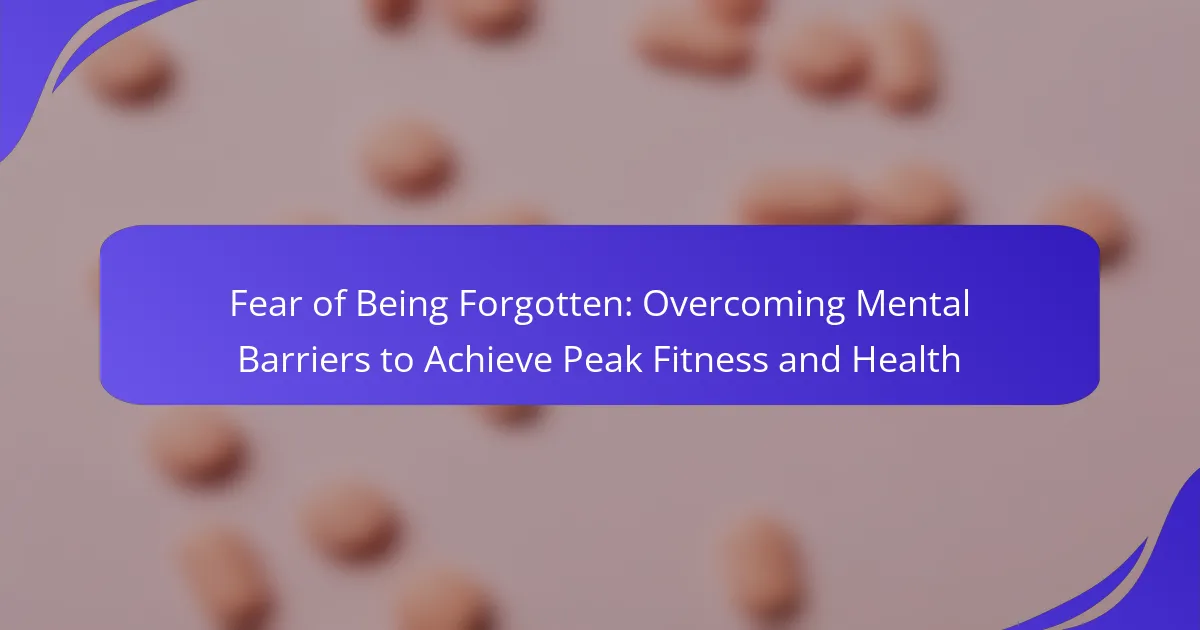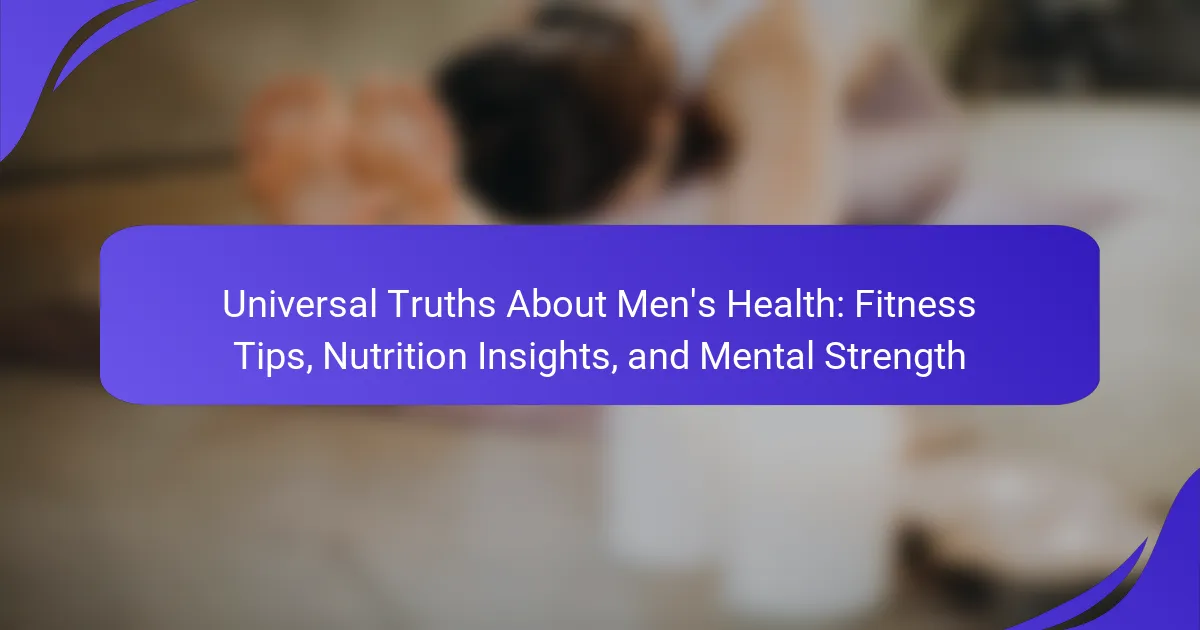Empowering women through self-help books can enhance personal growth and wellness. This article explores relatable narratives, practical exercises, and actionable advice tailored to women’s unique challenges. Discover impactful titles that address emotional intelligence and community, while providing diverse perspectives for inclusivity. Learn how to effectively apply these insights to navigate life’s complexities.

What are the key attributes of self-help books for women?
Self-help books for women emphasize empowerment, wellness, and personal growth strategies. Key attributes include relatable narratives, practical exercises, and actionable advice. Unique attributes often focus on women’s specific challenges, such as balancing career and family. Rare attributes may include diverse perspectives from different cultures, enhancing inclusivity and understanding.
How do empowerment themes manifest in these books?
Empowerment themes in self-help books for women manifest through personal stories, actionable strategies, and community support. These books often highlight resilience, self-discovery, and the importance of mental wellness. For instance, authors share personal journeys that resonate with readers, fostering a sense of connection. Actionable strategies provide practical steps for overcoming obstacles, enhancing self-efficacy. Community support is emphasized through shared experiences, encouraging women to uplift one another. This multifaceted approach creates a comprehensive framework for empowerment, wellness, and personal growth.
What wellness strategies are commonly discussed?
Common wellness strategies include mindfulness practices, physical activity, healthy eating, and emotional well-being techniques. These strategies empower women by enhancing mental clarity, fostering resilience, and promoting better health. Mindfulness practices, such as meditation and journaling, help reduce stress and improve focus. Regular physical activity boosts mood and energy levels, while a balanced diet supports overall wellness. Emotional well-being techniques, including therapy and self-care routines, provide essential support for personal growth.
Which personal growth techniques are frequently recommended?
Commonly recommended personal growth techniques include journaling, mindfulness meditation, goal setting, and visualization. These strategies empower women to enhance self-awareness and foster resilience. Journaling promotes reflection and clarity, while mindfulness meditation reduces stress and increases focus. Goal setting provides direction, and visualization helps in manifesting aspirations. Each technique supports personal growth by cultivating a positive mindset and encouraging proactive behavior.

What makes certain self-help books unique for women?
Certain self-help books for women stand out due to their focus on empowerment, emotional intelligence, and community. These books often address unique challenges women face, such as balancing career and family, societal expectations, and self-identity. They provide tailored strategies that resonate with women’s experiences, promoting personal growth and resilience. Unique attributes include actionable advice and relatable narratives, fostering a sense of connection. As a result, these books empower women to embrace their strengths and navigate life’s complexities effectively.
How do cultural perspectives influence women’s self-help literature?
Cultural perspectives significantly shape women’s self-help literature by influencing themes, values, and approaches. Diverse cultural backgrounds lead to unique narratives that address specific challenges women face. For instance, Western literature often emphasizes individualism and personal empowerment, while Eastern perspectives may focus on community and relational well-being. This variation enriches the genre, allowing women from different cultures to find relatable guidance. Additionally, cultural norms can dictate the language and examples used, making literature more accessible. As a result, women’s self-help books reflect a mosaic of experiences, fostering inclusivity in personal growth strategies.
What role does storytelling play in these books?
Storytelling is crucial in self-help books for women as it fosters connection and relatability. It allows authors to share personal experiences, illustrating empowerment and growth. This narrative approach enhances engagement, making strategies more memorable and actionable. By weaving stories, these books inspire readers to envision their own journeys towards wellness and personal development.

What are some rare but impactful self-help books for women?
“Some rare but impactful self-help books for women include ‘The Gifts of Imperfection’ by Brené Brown, ‘Women Who Run with the Wolves’ by Clarissa Pinkola Estés, and ‘Untamed’ by Glennon Doyle. These books offer unique insights into personal growth and empowerment.”
Which titles have gained a cult following?
Several self-help books have gained a cult following among women, including “The Gifts of Imperfection” by Brené Brown and “You Are a Badass” by Jen Sincero. These titles resonate due to their empowering messages and practical strategies for personal growth. “Untamed” by Glennon Doyle also stands out, encouraging women to embrace their true selves. “The Power of Now” by Eckhart Tolle has influenced many readers with its focus on mindfulness and present living. Lastly, “Women Who Run with the Wolves” by Clarissa Pinkola Estés offers a deep exploration of feminine mythology, further solidifying its status in the genre.
What innovative approaches do these books take?
These books employ innovative approaches by integrating personal stories, actionable strategies, and evidence-based techniques. They focus on community-building and emotional intelligence, fostering a sense of belonging and self-awareness. Unique attributes include interactive exercises and reflective prompts, enhancing engagement and personal reflection. As a result, readers find practical tools for empowerment and growth.

How can women effectively apply insights from self-help books?
Women can effectively apply insights from self-help books by actively engaging with the content and implementing actionable strategies. First, identify key themes that resonate personally, such as empowerment or wellness. Next, set specific goals based on insights gained, ensuring they align with personal values. Regularly reflect on progress and adapt strategies as needed. Joining discussion groups or online forums can enhance understanding and accountability. Lastly, practice self-compassion throughout the journey, recognizing that personal growth is a continuous process.
What are best practices for integrating lessons into daily life?
To integrate lessons from self-help books into daily life, apply actionable strategies consistently. Start by setting specific goals based on insights gained from these readings. Create a daily routine that incorporates reflection on key lessons, making them part of your decision-making process. Engage in discussions with peers or groups to reinforce learning and accountability. Track your progress to identify areas of improvement and celebrate small victories, fostering motivation.
What common mistakes should be avoided when reading self-help books?
To maximize the benefits of self-help books, avoid common mistakes such as skimming through content, neglecting to take notes, and failing to apply learned strategies. Many readers overlook the importance of reflection, which can deepen understanding and enhance personal growth. Additionally, not engaging with the material critically can lead to superficial insights. Prioritizing actionable steps is crucial for empowerment and wellness.
How can women track their progress after applying strategies?
Women can track their progress by setting specific goals and regularly reflecting on their achievements. Utilizing journals or apps can help document insights gained from self-help books. Regularly reviewing these notes fosters accountability and highlights personal growth. Engaging with supportive communities can provide encouragement and perspective on progress.



